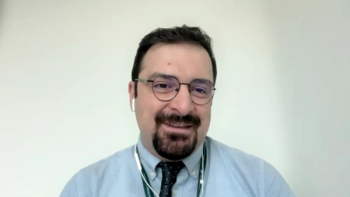
Dr. Emre Yekedüz discusses his top 3 key takeaways from attending the 2025 ASCO Genitourinary (GU) Cancers Symposium.

Dr. Emre Yekedüz discusses his top 3 key takeaways from attending the 2025 ASCO Genitourinary (GU) Cancers Symposium.

Dr. Laurence Albiges discusses triplet therapies, highlighting which patients with RCC may garner the most benefit with this treatment intensification.

For some patients with bladder cancer, neoadjuvant chemotherapy plus bladder-saving concurrent chemoradiation therapy was effective in the long term.

In a real-world analysis of patients with advanced RCC, the combination of first-line Bavencio and Inlyta was effective and safe.

Patients with advanced urothelial carcinoma had prolonged survival with Bavencio and BSC treatment, regardless of diabetes mellitus status.

Updated TIDE-A study findings show that maintenance Bavencio with Inlyta treatment interruption is feasible in patients with metastatic renal cell carcinoma.

Among patients with low-grade, intermediate-risk NMIBC, UGN-102 generated robust, durable responses in an analysis of the phase 3 ENVISION and ATLAS studies.

Padcev plus Keytruda was found to maintain benefit over chemotherapy in untreated locally advanced or metastatic urothelial cancer.

Among patients with muscle-invasive bladder cancer, adjuvant Opdivo showed a continued benefit in survival versus placebo.

Primary urothelial cancer has variable histologies, making its treatment complex, leading to varied outcomes with high rates of recurrence in patients.

Patient-reported outcomes were similar for Fotivda with or without Opdivo in advanced clear cell RCC.

Opdivo plus Cabometyx resulted in a significant progression and survival benefits compared with Sutent in the first-line treatment of patients with advanced renal cell carcinoma.

Final results were consistent with previously conducted research in patients with advanced renal cell carcinoma treated with Cabometyx, Opdivo and Yervoy.
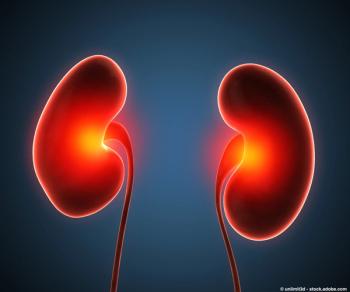
Among patients with clear cell renal cell carcinoma, improved responses were observed with Lenvima plus Welireg versus Keytruda plus Lenvima.
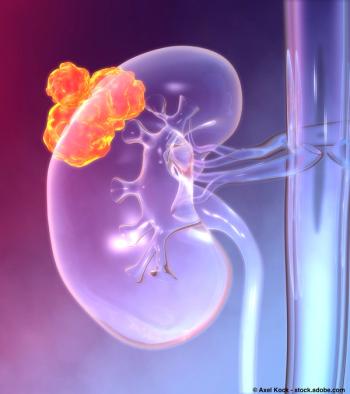
Researchers showed that 1.34 mg of Fotivda provided decreased tumor size and may be more tolerable than an 0.89-mg dose among patients with renal cell carcinoma.

Following treatment with Bavencio, patients with urothelial cancer lived for 17 months and their cancer remained stable for nine months.

Among patients in the real world with unresectable or metastatic urothelial carcinoma, Padcev significantly improved overall survival outcomes.
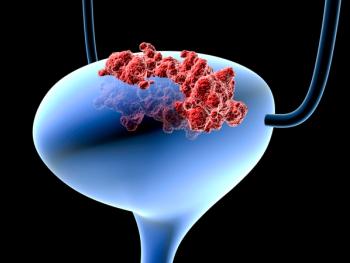
Results from a small retrospective analysis of patients with upper tract urothelial carcinoma lesions were shared at the 2025 ASCO Genitourinary Cancers Symposium.

Neuropathy, skin rash, and hyperglycemia following enfortumab vedotin treatment were associated with improved PFS in metastatic urothelial carcinoma.

Results also show that reducing the Padcev dose at treatment initiation may benefit older patients with urothelial carcinoma, a type of bladder cancer.
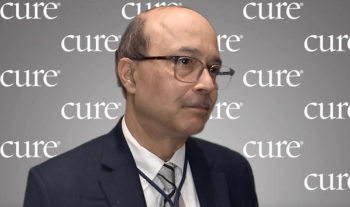
Dr. Guru P Sonpavde discusses updated data from studies like EV-302 and CheckMate 274 for patients with urothelial cancer at the 2025 ASCO GU meeting.

Patients with high-risk prostate cancer who had a higher dose of radiation plus long-term androgen deprivation therapy tended to live longer than those who had a lower dose.
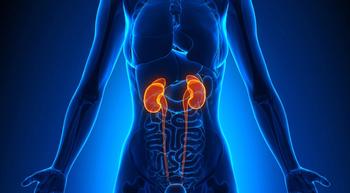
Real-world data demonstrated that knowing a patient’s stage and subtype of renal cell carcinoma, a type of kidney cancer, may provide cancer teams with the information needed to determine potential prognosis and recurrence risk.
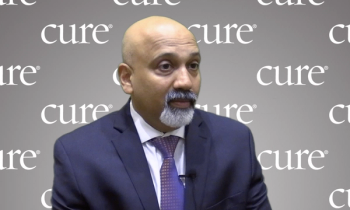
Subcutaneous Opdivo led to similar outcomes to intravenous administration of the drug and may be easier to access down the road, an expert said.

Patients with clear cell renal cell carcinoma had improved overall survival when treated with adjuvant Keytruda compared to placebo.
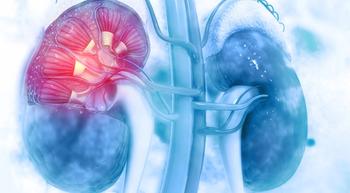
Opdivo failed to improve disease-free survival in patients with localized renal cell carcinoma at high risk of relapse, according to findings from CheckMate 914.

Urinary minimal residual disease-negative status was related to preventing the return of cancer when certain patients with bladder cancer received Adstiladrin.

Postsurgical Keytruda improved disease-free survival — but not overall survival — in patients with locally advanced, muscle-invasive bladder cancer.

Patients with previously untreated locally advanced or metastatic urothelial carcinoma experienced favorable progression-free survival, overall survival and objective response rates when treated with Padcev and Keytruda versus chemotherapy.

Patients with metastatic castration-resistant prostate cancer previously treated with external beam radiation therapy did not increase incidence of blood-related side effects with radium-223 compared with the overall population.